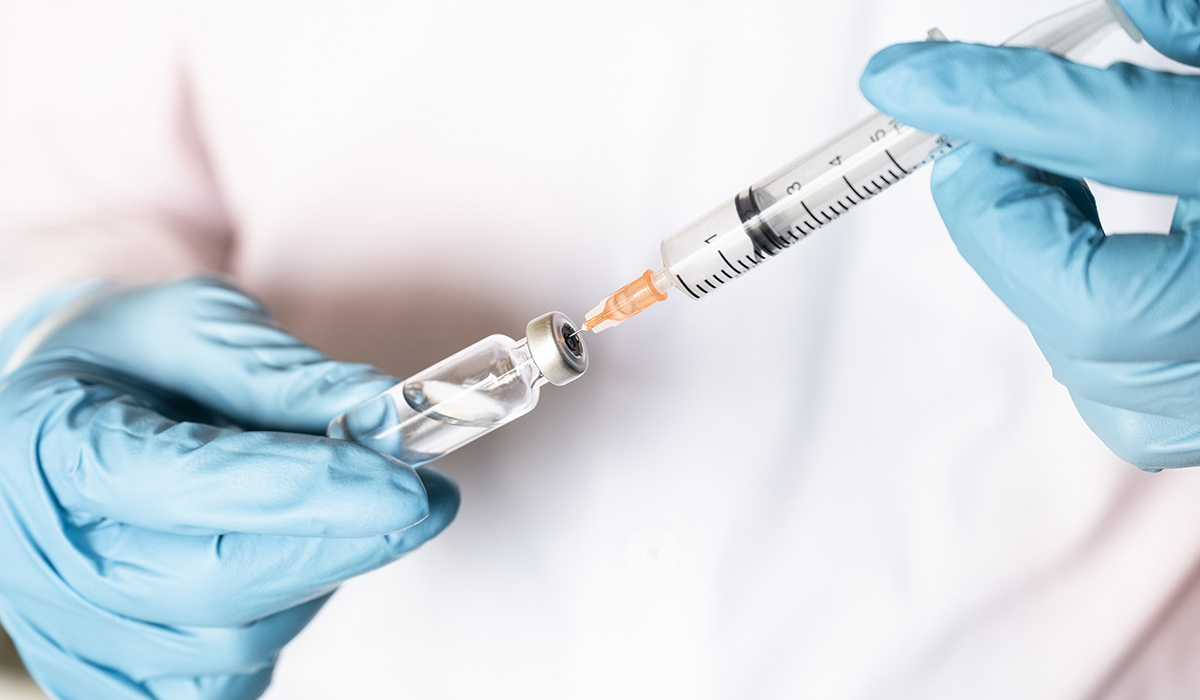Rubella
Rubella infection epidemic is less common in our country due to the fact that it is now in the vaccination program. Those who are unsure of the vaccine or don’t know whether they are immune would be wise to get tested. It is important to follow the vaccination schedule. It is very important that everyone who has not been vaccinated or is not immune should be vaccinated, especially before pregnancy occurs. Anyone who has sexual intercourse and does not use an effective contraceptive method or is not protected should definitely get the rubella vaccine if they are not immune.
In rubella infection during pregnancy and especially in the first months of pregnancy, the probability of transmitting the baby in the mother’s womb is 25-30%, but if it passes to the baby, the probability of serious damage to the baby is around 75-80%. Therefore, it is an option not to continue the pregnancy in cases where it is certain that she had rubella in the first months of pregnancy.
If the gestational week is between 15-22 weeks, the antigen of the rubella virus can be searched in the amniotic fluid by amniocentesis. If the result is negative, the pregnancy can be continued. However, since there is a possibility of transmission from the mother to the baby after the date of amniocentesis, both IgM and virus antigen can be checked by taking blood from the baby’s umbilical cord at 22nd-23rd gestational week. If detected, termination of pregnancy should be an option because there is no cure.

